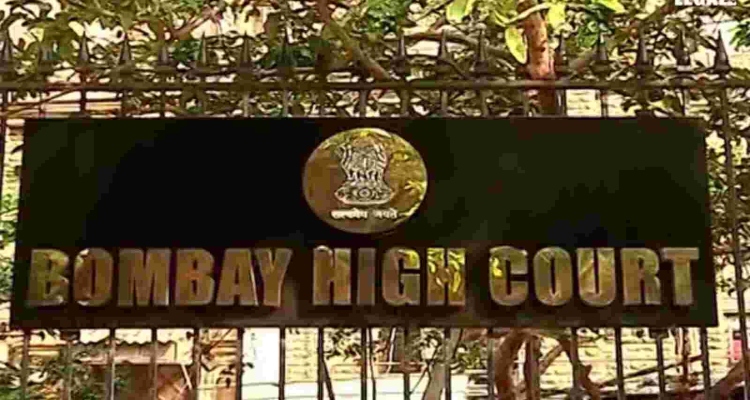
The petition filed by the Serum Institute of India (SII) challenging amendments made in 2015 to the Finance Act was recently denied by the Bombay High Court.
The amendments added sub-clause (xviii) to Section 2(24), defining taxable “income” [Serum Institute of India Private Limited v. Union of India & Ors.].
On December 4, a division bench comprising Justices KR Shriram and Justice Neela Gokhale affirmed the amendment’s validity, emphasizing that courts should refrain from intervening in economic policy matters.
The court stated, “Matters of economic policy should be best left to the wisdom of the legislature. In the context of a changed economic scenario, the expertise of the people dealing with the subject should not be lightly interfered with. While dealing with economic legislation, this court would interfere only in those few cases where the view reflected in the legislation is not possible to be taken at all. The case of petitioner certainly does not fall within this exception.”
Effective in 2016, the amended provision included subsidies, grants, incentives, waivers, concessions, reimbursements, etc., provided by the Central or State governments in the taxable income of an assessee.
The court found no evidence suggesting the amendment’s irrationality and dismissed SII’s plea, stating, “We are unable to find or even assume that what the legislature has done for inserting the impugned sub-clause is irrational. There is no room for any doubt. There is nothing to even question the constitutionality, and in our view, the petitioner has not been able to demonstrate a clear transgression of constitutional principles.”
The Serum Institute, previously applying for incentives under the ‘Package Scheme of Incentives of 2013’ by the State of Maharashtra, challenged the amendment.
They argued that sub-clause (xviii) to Section (24) had an unintended retrospective application, as it did not exist when the 2013 scheme was introduced.
SII also contended that taxing incentives indirectly taxed the State’s revenue, violating the Constitution.
They emphasized that under the amended Finance Act, all government incentives, regardless of form or purpose, were considered income, contrary to the previous non-taxable status of capital receipts.
The Central government argued that Parliament had exclusive powers to make laws, including those taxing income, as per List 1 of the Seventh Schedule of the Constitution.
The Court agreed with the Central government’s position, acknowledging the judiciary’s limited role in economic and fiscal policy.
“The judiciary’s role is limited to ensuring conformity with the Constitution without delving into the policy merits. Overturning fiscal statutes could lead to economic chaos and undermine the authority of the legislative body. Therefore, Courts must balance the necessity to uphold constitutional mandates with the practical implications of interfering with legislative judgments in fiscal matters. The courts have only the power to destroy, not to reconstruct,” the Court concluded before dismissing SII’s challenge.
Senior advocate Arvind Datar, along with advocates Chinmoy Khadalkar, Salonee Paranjape, PC Tripathi, and Atul K Jasani, represented Serum Institute.
Additional Solicitor General Devang Vyas and advocates Suresh Kumar, Anusha Amin, Sheelang Shah, Vaibhavi Choudhary, and Mohini Choughule appeared for the Central government.




